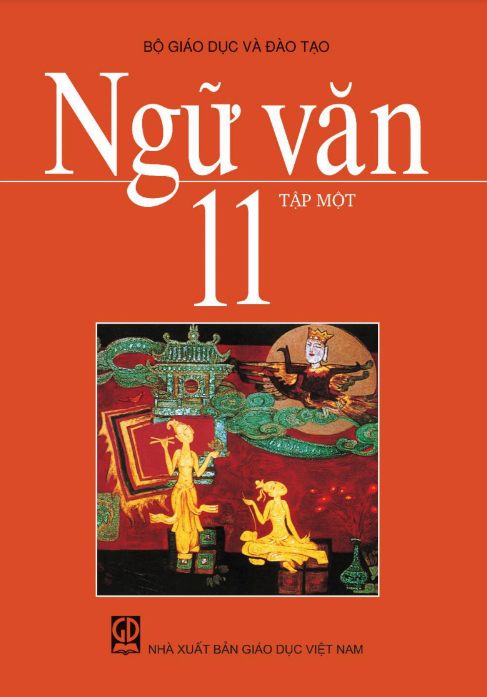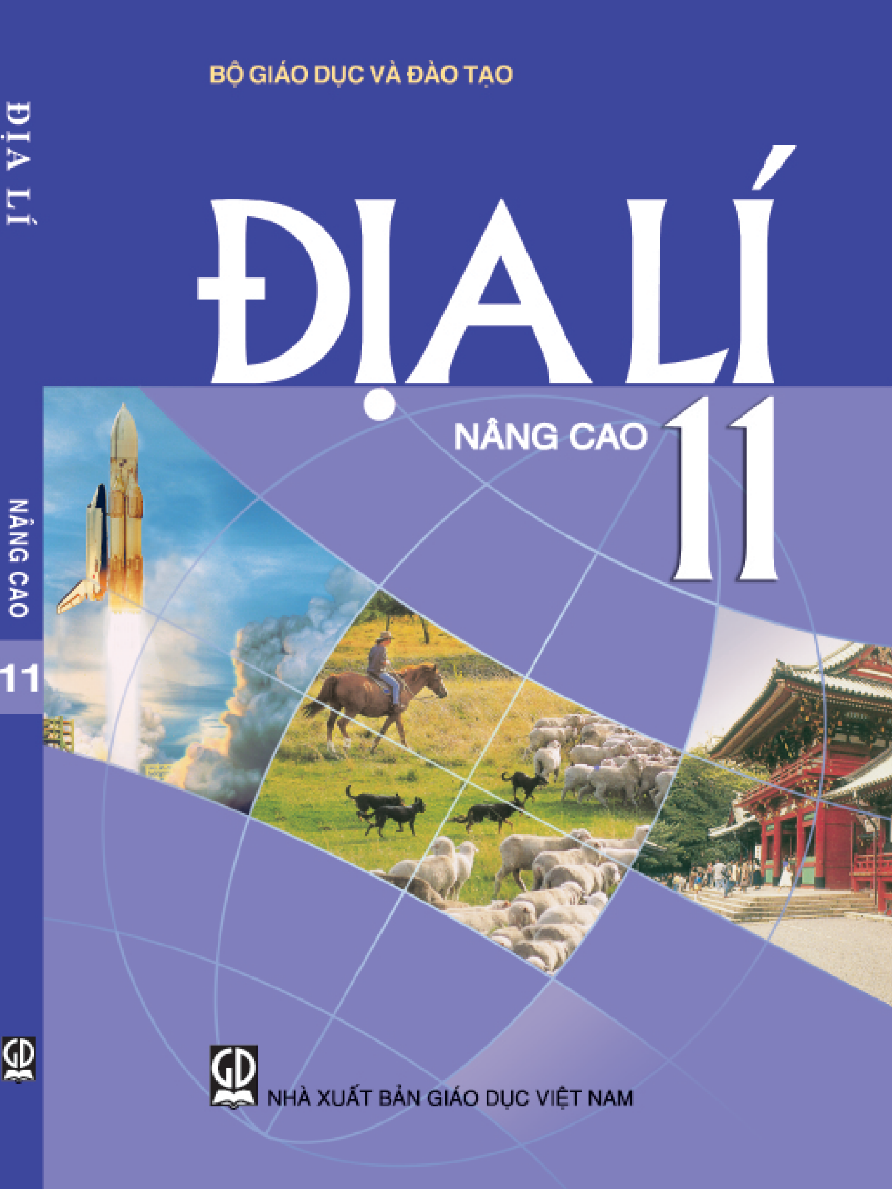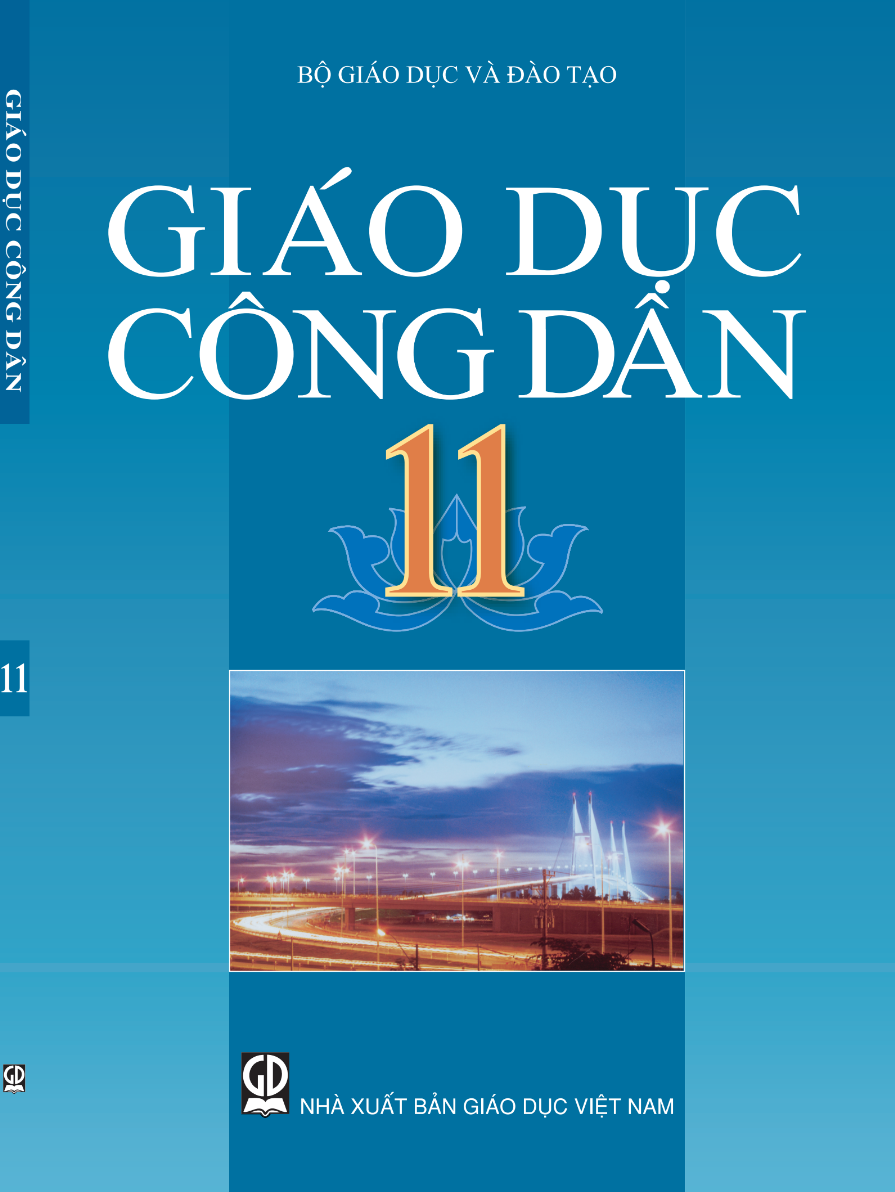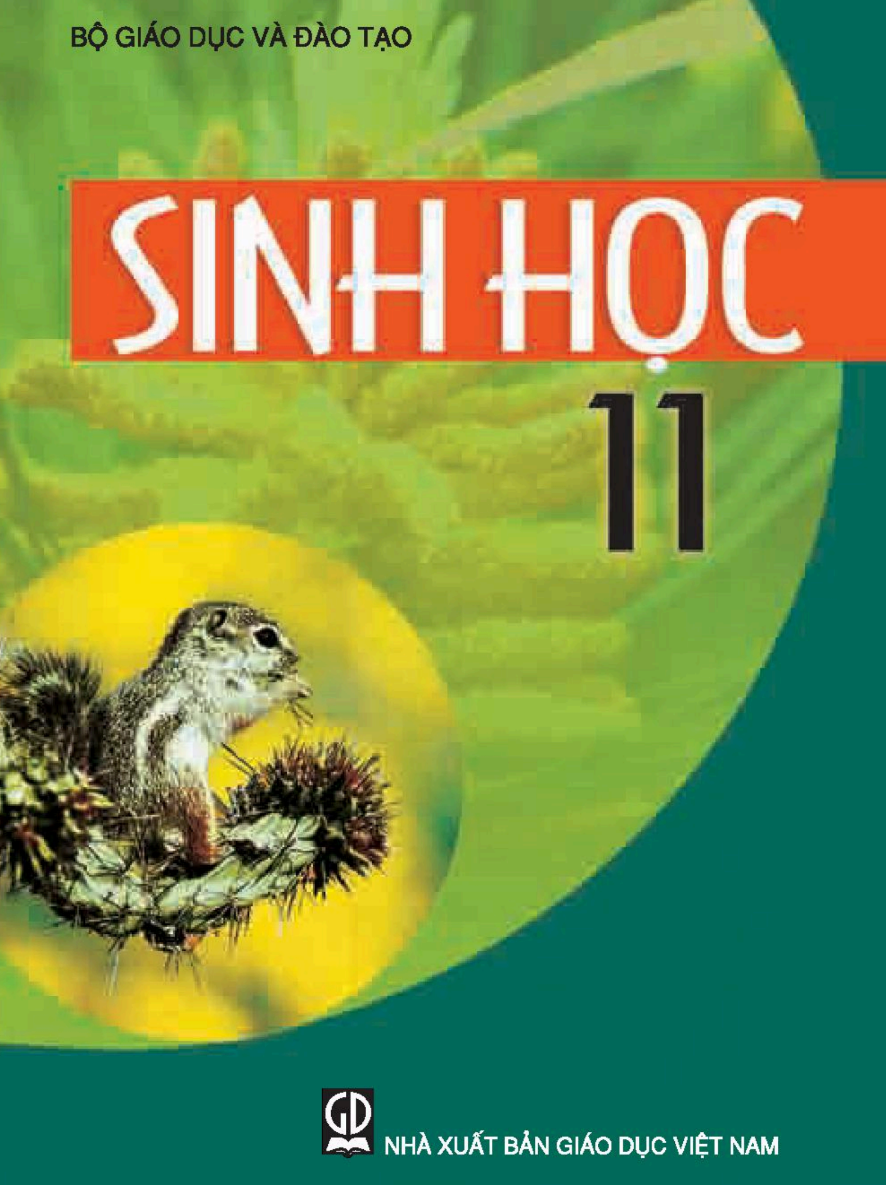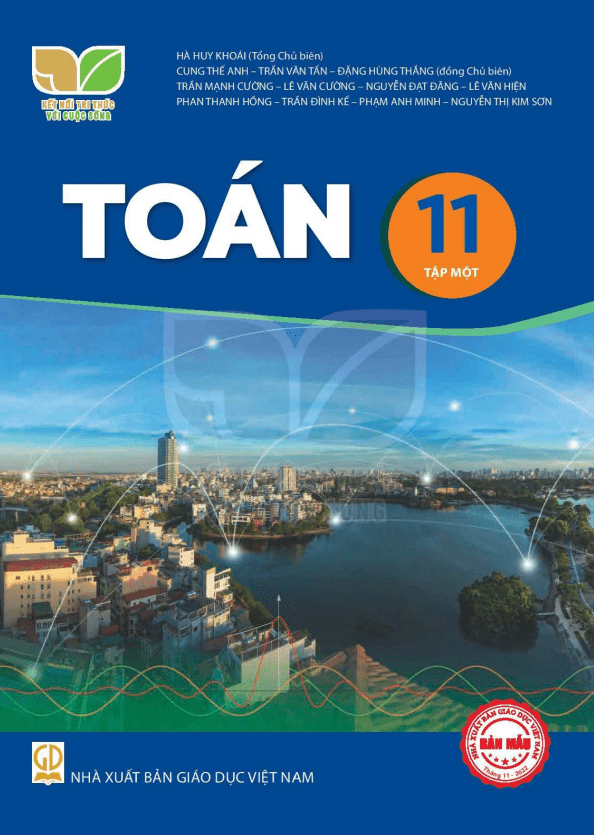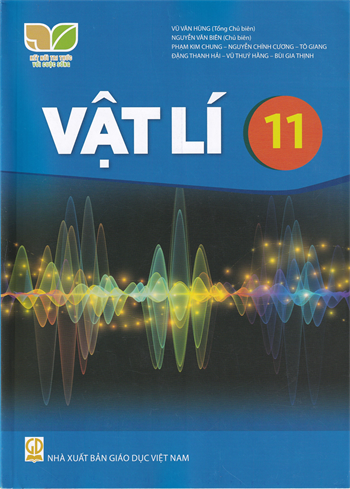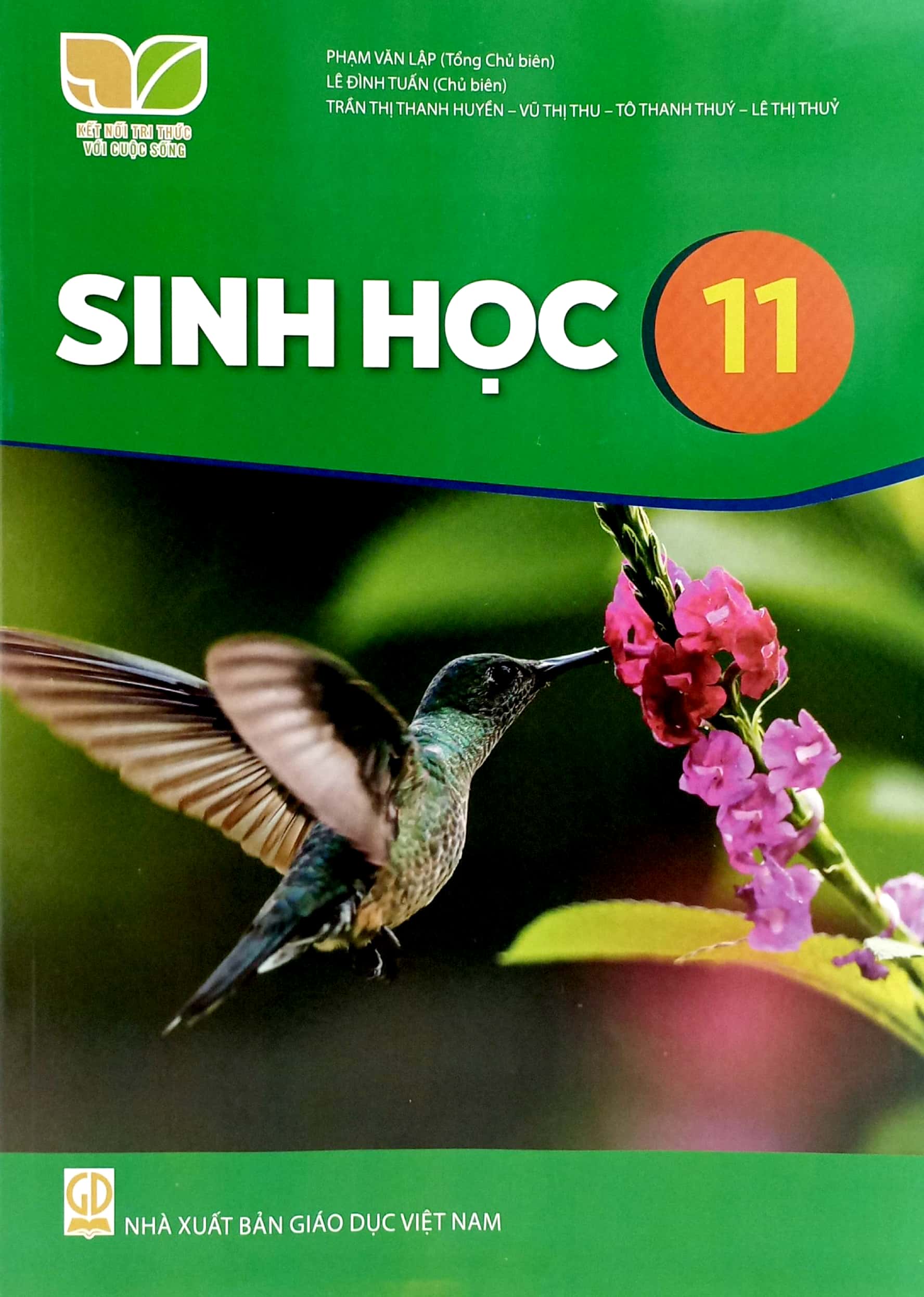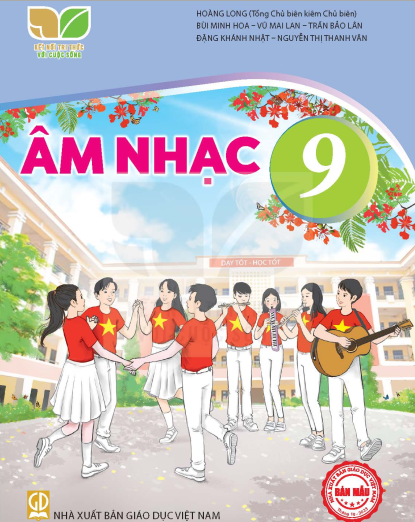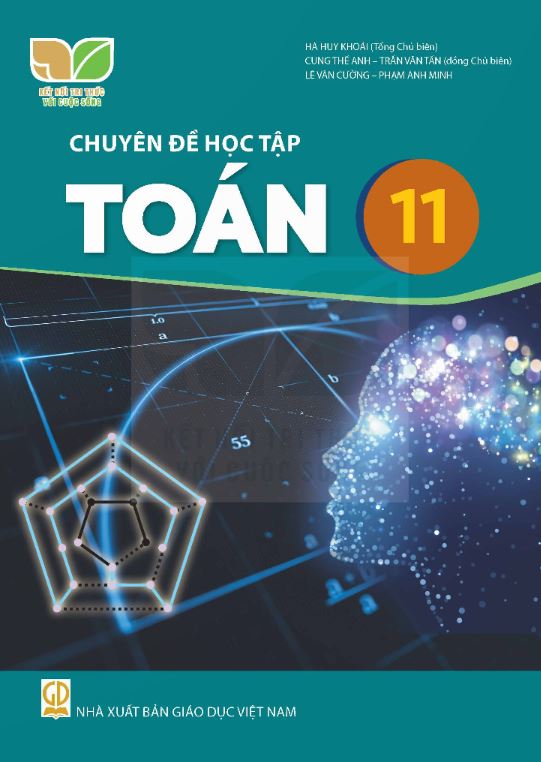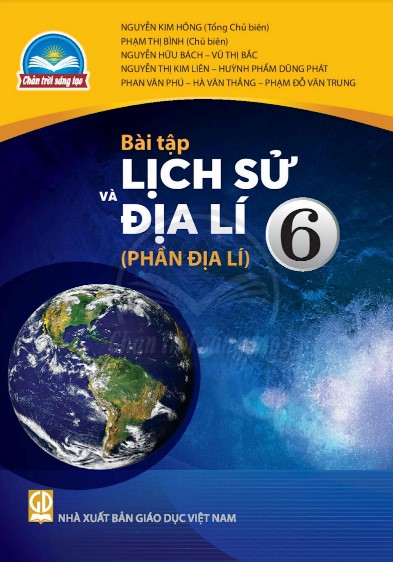(Page 115)
V. LISTENING
Human impact on ecosystems
1. Choose the correct meanings of the word and phrases.
1. coral reef
A. a plant that grows in the sea
B. a line of hard rock formed by coral found in warm sea water
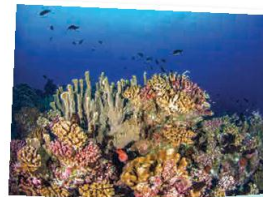
2. food chain
A. the order in which living things depend on each other for food
B. the order in which food is provided
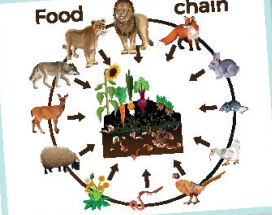
3. run out
A. to use all of something
B. to experience something unexpectedly
4. break down
A. to make smaller
B. to stop working
2. Listen to a talk and choose the correct answers A, B, or C.
1. Why is Dr Logan invited to give a talk?
A. Because he knows Nam.
B. Because he's an expert in biodiversity conservation.
C. Because he's a member of the environment club.
2. Which of the benefits provided by a healthy ecosystem is NOT mentioned?
A. Cleaning our air and water.
B. Controlling climate changes.
C. Recycling waste naturally.
3. How much of the coral reefs has disappeared?
A. 25%. B. 50%. C. 90%.
4. What may happen as a result of damaging the ecosystem balance?
A. More space for farming and houses.
B. Lack of food, water, and fresh air.
C. Fewer natural disasters.
5. What do you think Dr Logan will talk about next?
A. Ways to repair damaged ecosystems.
B. Ways to restore the food chain.
C. The future of human life.
3. Listen again and decide whether the statements are true (T) or false (F).
| T | F | |
| 1. The threat to the earth's biodiversity comes from human activities. | ||
| 2. Nearly half of the world's forests have been cut down. | ||
| 3. The disappearance of some species may cause problems to the food chain. | ||
| 4. The health of human beings does not depend on a healthy ecosystem. |
4. Work in groups. Discuss the following question.
What can humans do to protect and restore the earth's ecosystems?
